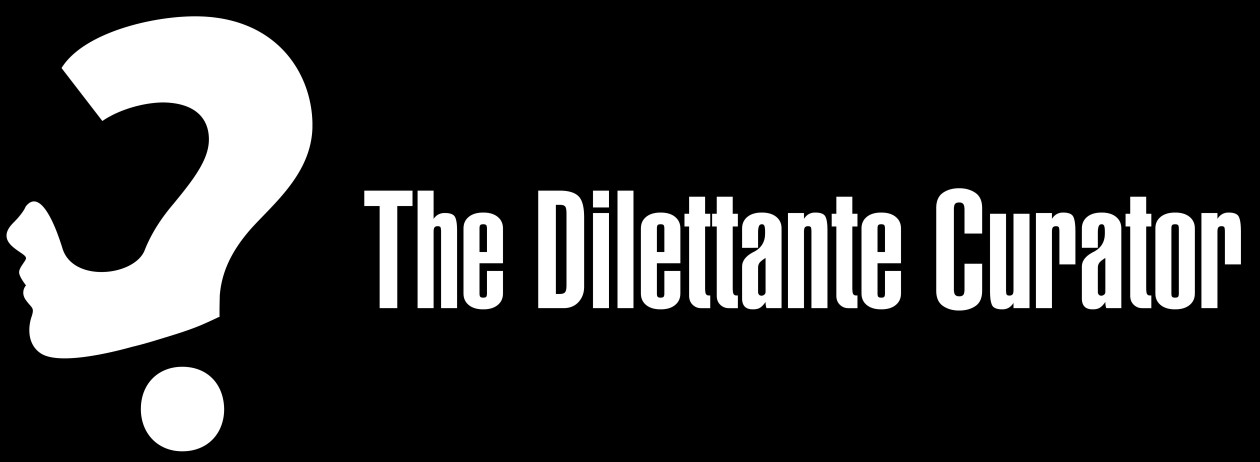
Reactions to the F.R.I.E.N.D.S. re-run. Should we judge the events of another era using the lens of contemporary values?
F.R.I.E.N.D.S. the hugely popular sitcom was initially released in 1994 and lasted a decade when it went on to become one of the highest rated TV shows. Netflix aired it again in 2018 and attracted many young people who were watching it for the first time. Interestingly, there is now a pushback from the Millennials: they say it is homophobic, racially non-inclusive (there are only 2 non-white characters in all 10 seasons). Monica is body-shamed for her earlier obesity. In today’s #metoo era, the characters make many creepy and inappropriate sexual references. Ross’s affair with his student would not fly in our current ethos. Yes, a same-sex wedding was not common for those times, but the takeaway line in that episode is “now I have seen it all”!
It is interesting how attitudes, culture and social mores change so dramatically in less than 25 years. Of course, this is a comedy show meant to provide laughter and entertainment and is not about highlighting issues. It is a “product of those times” and reflects the values of that period.
But this leads to a larger point: is it right that we evaluate and judge the events of another era through the lens of contemporary values?
Moral Relativism is a school of modern philosophy. Why did something happen? What was it like? What was their mindset? Can we really see through their eyes in order to understand what appears incomprehensible or even barbaric in the modern day? Or to a different culture? Ethical judgments are not absolute but seen as consequences of social, cultural, historical and personal circumstances.
We could try to understand historical events by considering the Zeitgeist (a lovely German word that loosely translates to “the spirit of the time”). Or by looking for the original rationale, which is often forgotten or lost in the confusion of conflicting values. Perhaps power brokers had distorted the initial meaning for their own ends.
Let us look at the Zeitgeist of Western Europe in the 15th century, one that was virtually unchallenged for close to 500 years and that led to colonialism, imperialism and the concomitant ills of slavery and apartheid.
It began with the “age of discovery” and was fueled by economic and religious motives. Military strength (navies, gunpowder and the willingness to use it) was an essential element. Importantly it was the belief that the Europeans were racially superior to all other humans and the “white man’s burden” was a God-given duty to civilize the “beasts”.
In Rudyard Kipling’s poem:
Take up the White Man’s burden
Send forth the best ye breed
Go bind your sons to exile
To serve your captives’ need;
To wait in heavy harness
On fluttered folk and wild
Your new-caught sullen peoples,
Half devil and half child.
This deeply ingrained feeling of racial superiority was rationalized as a moral responsibility. So following the explorer came the soldier who enforced the will of the colonizer, the trader to exploit natural resources and the priest providing this entire arrangement a righteous, religious underpinning. In Bishop Tutu’s famous words: “When the missionaries came to Africa they had the Bible and we had the land. They said ‘Let us pray.’ We closed our eyes. When we opened them we had the Bible and they had the land”.
Another reprehensible social ill is the caste system, which even today continues to plague large parts of South Asia. It originally began as Varna, the classification of people in a society based on their individual talents and aptitudes: teachers and intellectuals, soldiers, traders, artisans, skilled and unskilled laborers etc. In a land that saw huge waves of immigrants over millennia, this was a way to peacefully integrate them into society with the least disruption. Somewhat similar to the guilds of medieval Europe, these classifications were not immutable and individuals could move from one to the other. Even the abhorrent practice of untouchability may have its origins in the differing immunities of the various people. (In fact even today, it is illegal to be in contact with the indigenous tribes of the Andaman Islands of the Indian Ocean; a major concern is their immunity to modern-day diseases.)
Over time, the elites distorted the idea of Varna and morphed it into the monster of the caste system that is still prevalent today. Despite various social reforms and legal strictures, this is a repugnant practice and no amount of rationalization of its origins can condone it. As is true with slavery and apartheid that are abhorrent and universally condemned.
So despite moral relativism where we look for cultural, economic or historical contexts; there are values that all of contemporary society holds dear: call these Universal Values. The most significant is The Universal Declaration of Human Rights, first adopted by the United Nations. This lists 30 basic human rights and has been adopted either formally or customarily by most nations.
Going back to the reactions to the F.R.I.E.N.D.S. re-run, one wonders how future generations would judge our current behavior: the degradation of the environment, our acceptance of de-humanizing poverty and inequality. What will their views be on the heated debates of our time: euthanasia, capital punishment, immigration, abortion, globalization vs. nationalism, animal rights and vegetarianism….
“After all nothing is more unfair than to judge the men of the past by the ideas of the present”

Interesting
I love Friends and still do as a sit-com. I do love GoT as well where violence, gore among others is glorified.
The question is can we leave past as past and move on? Are we ready for that, while we continue doing things which will be harshly judged by the future generations?
Context and timeline makes all the difference from clothes we wear to our behaviour and actions in society.